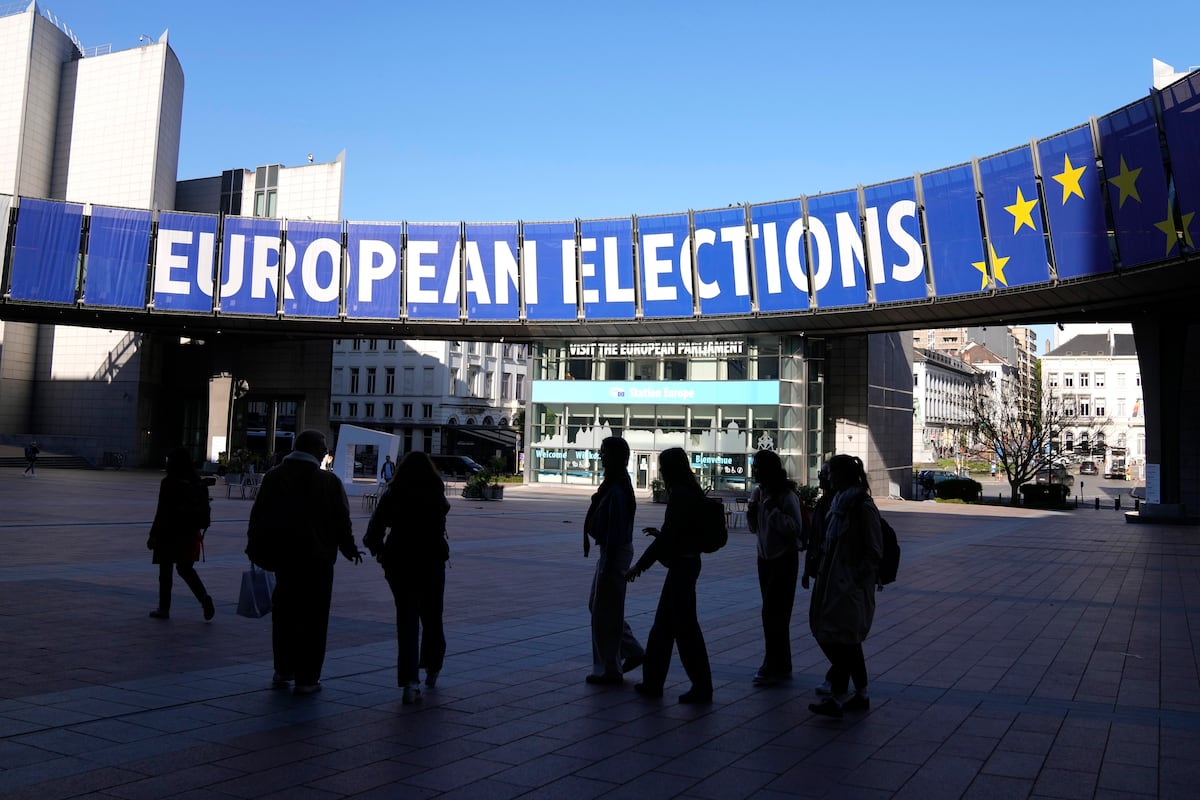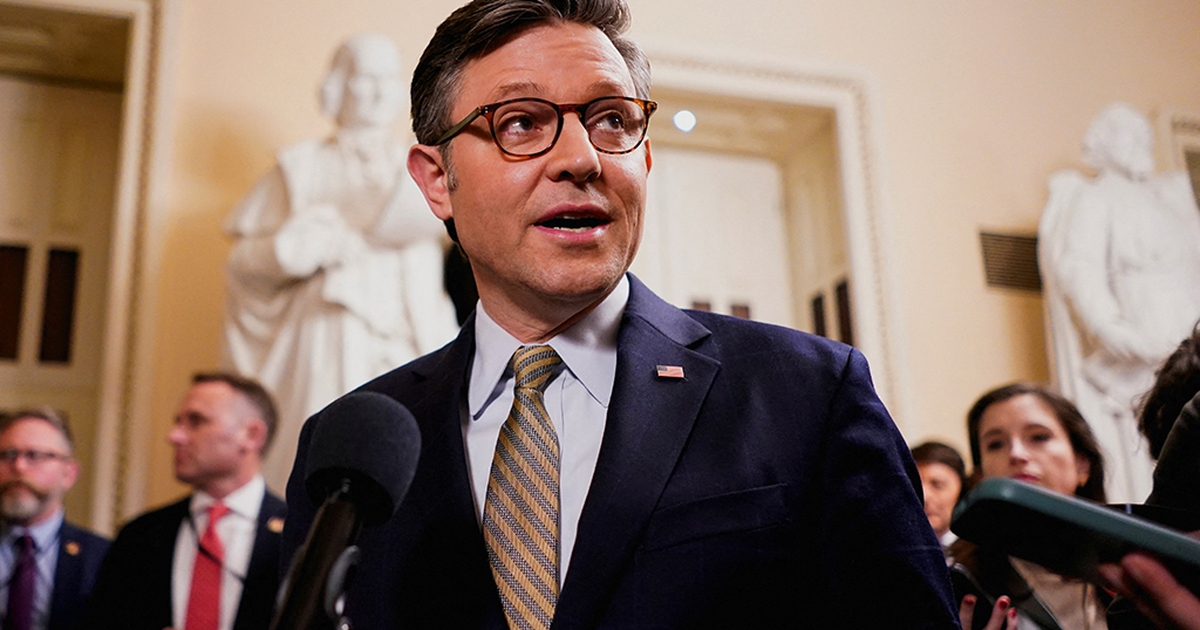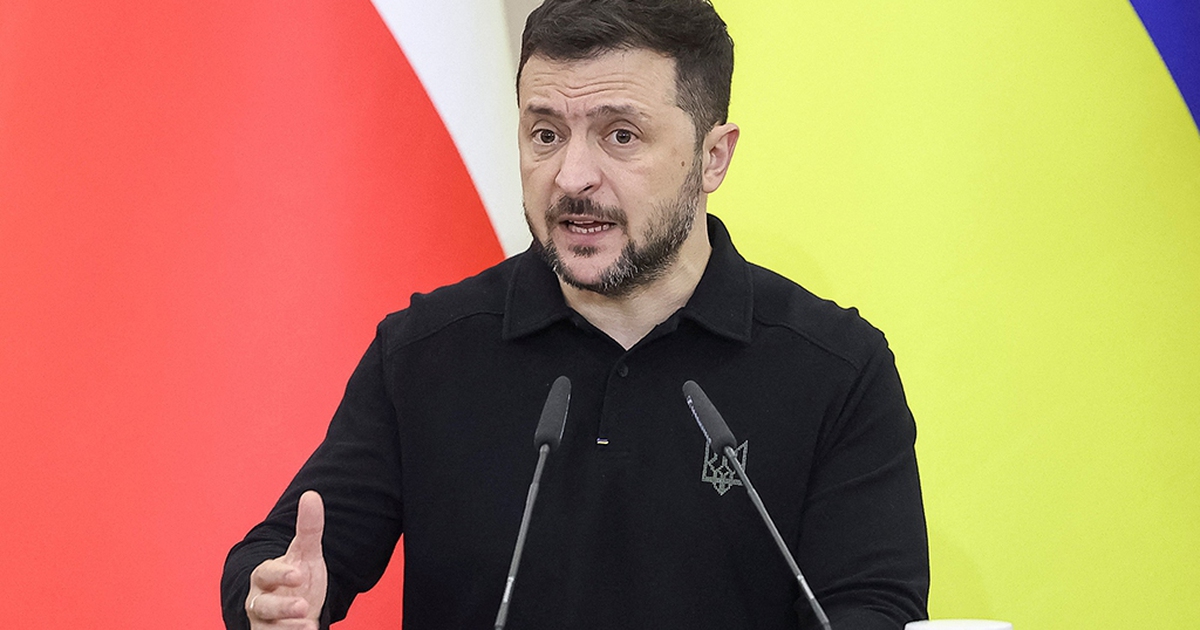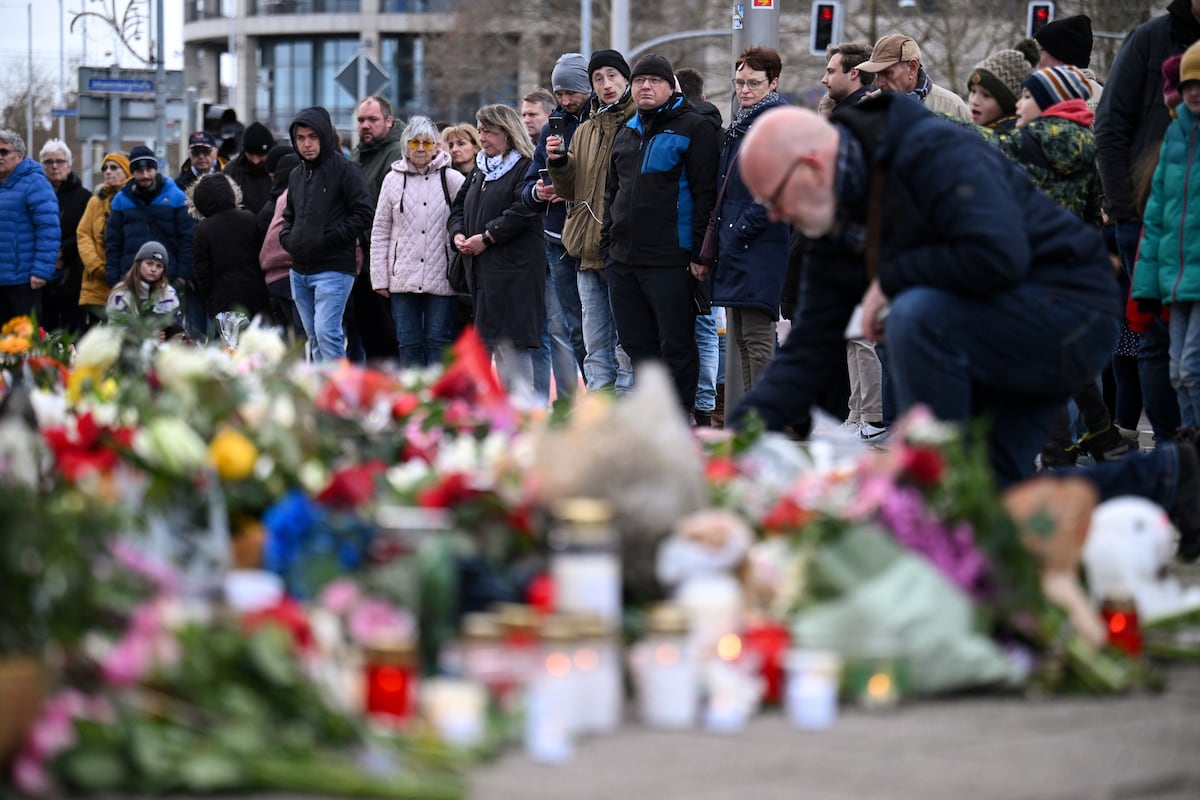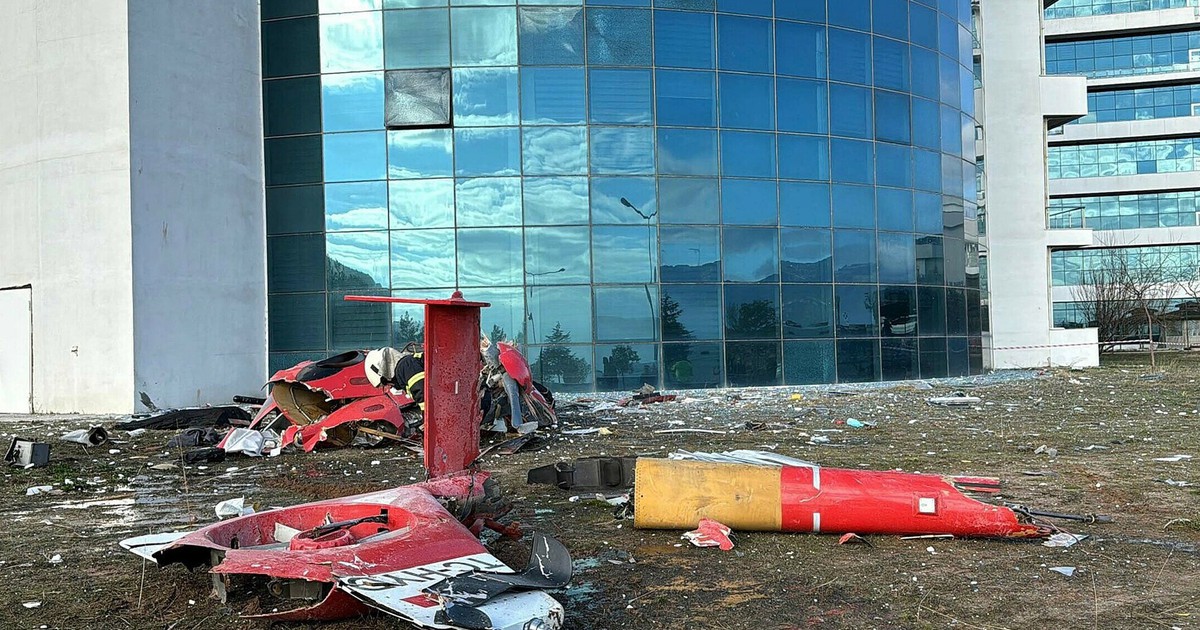European countries are beginning to organize to ask for more resources and more force against foreign interference aimed at destabilizing the European Union. Now, on the eve of key European Parliament elections, in which attempts at interference have already been detected, France, Germany and Poland lead a group of 16 member states – including Spain – demanding more EU funds. and the creation of a “media platform” to combat disinformation that seeks to “undermine and discredit” European democracy.
“We need to strengthen our detection and disclosure capabilities, impose a rapid response to identified threats, and support and mobilize all parts of our European societies,” says the declaration, which will be debated this Tuesday by the heads of European Affairs of the Member States. in Brussels and to which Morning Express has had access.
The text – signed by France, Poland, Germany, Austria, Czech Republic, Denmark, Spain, Greece, Croatia, Italy, Luxembourg, Latvia, Portugal, Romania, Bulgaria and Slovenia; and to which others do not rule out joining – joins the calls of the 27 members of the EU this Tuesday to use “quickly and exhaustively all mechanisms, networks and instruments” against disinformation and interference.
Foreign interference and its use of disinformation and data manipulation are, says the statement – which specifically mentions Russia – one of the great current challenges. Thus, these countries propose to the Commission and the External Action Service “concrete measures” to contribute to the formulas to tackle it. The proposals from Germany, France and Poland – which is once again among the States promoting this type of initiative, after years of being cornered by violations of the rule of law with the ultra-conservative Government – come in the midst of a debate on disinformation and how to control it. the expansion of false content on social networks.
difficult balance
The balance is difficult: many attempts at specific legislation on fake news have been derailed by the possibility of prior censorship. The list of concrete measures from three of the largest European companies also comes a few days after the Media Law comes into force in the Member States, which seeks to protect their independence and their sources, transparency in who their media are and in advertising. state.
Join Morning Express to follow all the news and read without limits.
Subscribe
The signatories of the declaration call for more specific European sanctions against those who disinform, as well as a broader development of the Digital Services Law, which seeks to hold large digital platforms accountable. They also demand the creation of a platform for the exchange of knowledge between civil society, researchers and Member States on strategies “to strengthen media literacy and civic education.”
The promoters want to give more weight to the European Digital Media Observatory (EDMO) and propose creating a “media platform” that would contribute, they say, to “counteracting disinformation by providing high-quality information and independent journalism to all EU citizens. Diplomatic sources explain that the proposal for this platform has yet to be outlined, but that it wants to bring together specialists, media, disinformation experts and European authorities.
“It is essential to strengthen our ability to detect the manipulation and interference of foreign information to reveal it quickly, stop its virality as soon as possible and limit its impact,” they say.
In recent months, public discussion has increased about the proliferation of pseudo-media outlets—the Spanish president, Pedro Sánchez, himself, opened the door and launched the possibility of mandatory membership of journalists “to avoid intrusion”—or platforms that They are, in reality, tools of disinformation and interference that seek to amplify enormously divisive debates, in addition to sowing doubts about democracy and the veracity of the data disseminated by the media: the objective is not only to boost the interest of those who carry out that interference, but to create such a tangle of information that the public, the readers, no longer know what to believe and what not. At the end of March, an investigation by the Czech Republic, in collaboration with other Member States, uncovered one of them, Voice of Europe, behind which is Russia, which is also suspected of paying MEPs as agents of influence.
The EU included Voice of Europe on its sanctions list last week. But there are others. Intelligence sources explain that following the sanctions against Russian state media that support the war effort against Ukraine and hate speech against Ukrainians (RT is on the list, for example), the Kremlin has created countless “white labels” with the appearance from local news platforms, independent bloggers or supposed political information channels that replicate the same information.
The community club has several mechanisms against foreign interference and disinformation, especially within the External Action Service (such as the Integrated Response to Political Crises). But the signatories of the declaration want to expand this work, provide it with additional funds and also involve not only the corresponding agencies of the Member States, but also the media and other elements of civil society in the Member States.
In a globalized world, disinformation and propaganda campaigns and hybrid attacks of foreign interference are also global. For this reason, the group of Member States that sign the letter calls for more coordination between partners to promote “European solutions”. Also, with candidate countries for the community club, such as those in the Balkans, Moldova and Ukraine, where intelligence services have detected an increase in Russian disinformation campaigns as an attempt to promote Europhobic positions and undermine the path towards integration. . And they ask: “The incoming Commission should, in coordination with Member States, develop a communication strategy within the EU to improve public support for EU enlargement.”
Follow all the international information onFacebook andxor inour weekly newsletter.
.
.
_

